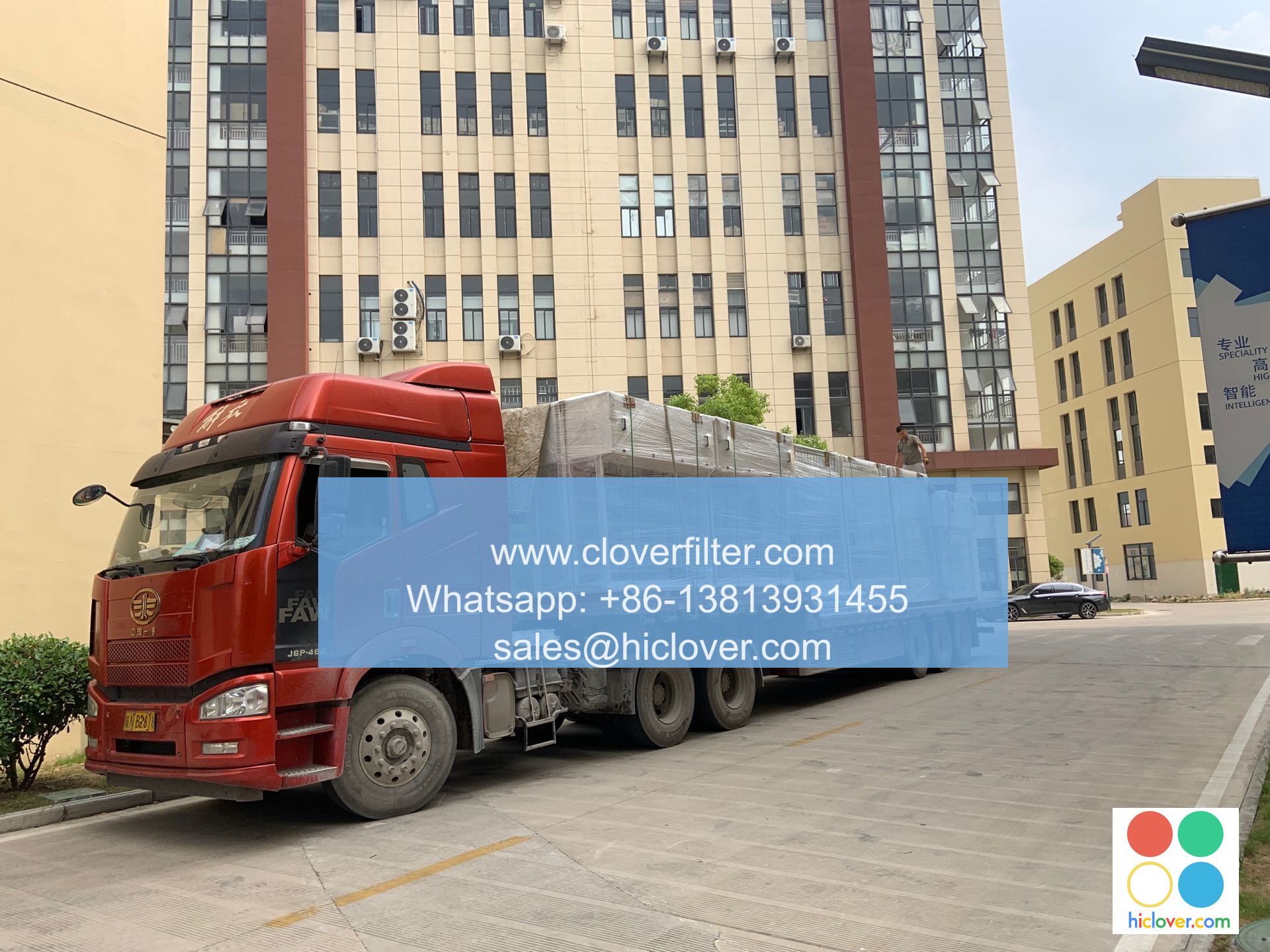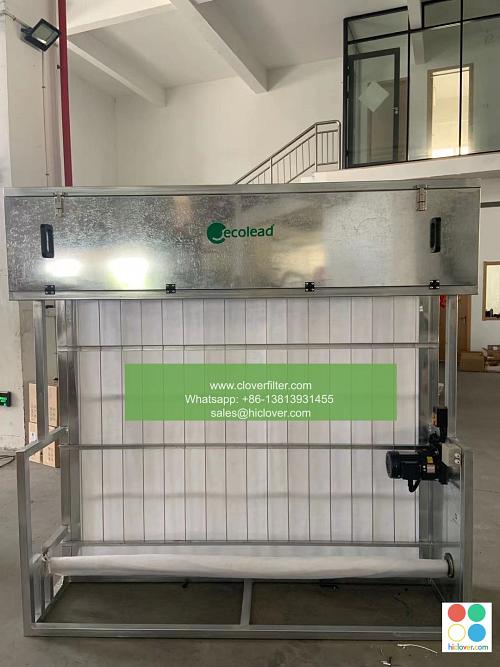The Relationship Between Air Filter Efficiency and Energy Consumption

The Relationship Between Air Filter Efficiency and Energy Consumption: A Critical Analysis
Air filters play a crucial role in various industrial and commercial applications, including HVAC systems, industrial processing, and even medical equipment. However, the efficiency of these filters has a significant impact on energy consumption. In this article, we will delve into the relationship between air filter efficiency and energy consumption, highlighting various application areas and the importance of optimizing filter performance.
The Impact of Air Filter Efficiency on Energy Consumption
Air filters with high efficiency ratings are designed to capture a large percentage of contaminants, such as dust, pollen, and pet dander, from the air. While this is beneficial for indoor air quality, it also translates to increased energy consumption. In HVAC systems, for example, high-efficiency filters can lead to increased fan energy consumption, as the system works harder to push air through the filter.
The Role of Filter Resistance in Energy Consumption
Filter resistance, measured in inches of water column (inH2O), is a critical factor in determining energy consumption. Higher filter resistance requires more energy to push air through the filter, resulting in increased energy consumption. For example:
- Low-resistance filters (e.g., 0.5 inH2O) typically require less energy to operate, ideal for applications where airflow is critical, such as data centers or server rooms.
- High-resistance filters (e.g., 5 inH2O) require more energy to operate, often used in industrial applications where contaminant removal is paramount.
- HVAC Systems: High-efficiency filters can lead to increased fan energy consumption, while low-resistance filters can reduce energy consumption.
- Industrial Processing: High-resistance filters can be used to capture contaminants in industrial processing, while low-resistance filters are suitable for applications where air quality is critical.
- Medical Equipment: High-efficiency filters are essential in medical equipment, such as operating rooms and patient care areas, to ensure clean air and reduce the risk of contamination.
- Select the right filter: Choose filters with the right balance of efficiency and resistance for the specific application.
- Adjust filter design: Optimized filter design can reduce resistance and energy consumption.
- Use energy-efficient fans: Select fans with high-efficiency motors or variable-speed fans to reduce energy consumption.
- Monitor and maintain filters: Regular filter maintenance and replacement can help optimize filter performance and reduce energy consumption.
Application Areas: Understanding the Relationship
The relationship between air filter efficiency and energy consumption is crucial in various application areas, including:
Optimizing Filter Performance: Strategies for Reducing Energy Consumption
To mitigate the impact of air filter efficiency on energy consumption, consider the following strategies:
The relationship between air filter efficiency and energy consumption is a critical consideration in various application areas. By understanding the impact of air filter efficiency on energy consumption, industries can optimize filter performance, reduce energy consumption, and improve overall system efficiency. By implementing strategies for reducing energy consumption, industries can achieve significant cost savings and contribute to a more sustainable future.
Keywords: Air Filter Efficiency, Energy Consumption, HVAC Systems, Industrial Processing, Medical Equipment, Filter Resistance, Energy-Efficient Fans, Filter Design, Filter Maintenance.
It seems you’re looking for a prompt! I’d be happy to help you with that. Can you please provide more context or specify what you’re looking for? A prompt for a creative writing project, a question to spark a discussion, or something else entirely? Let me know and I’ll do my best to assist you!

